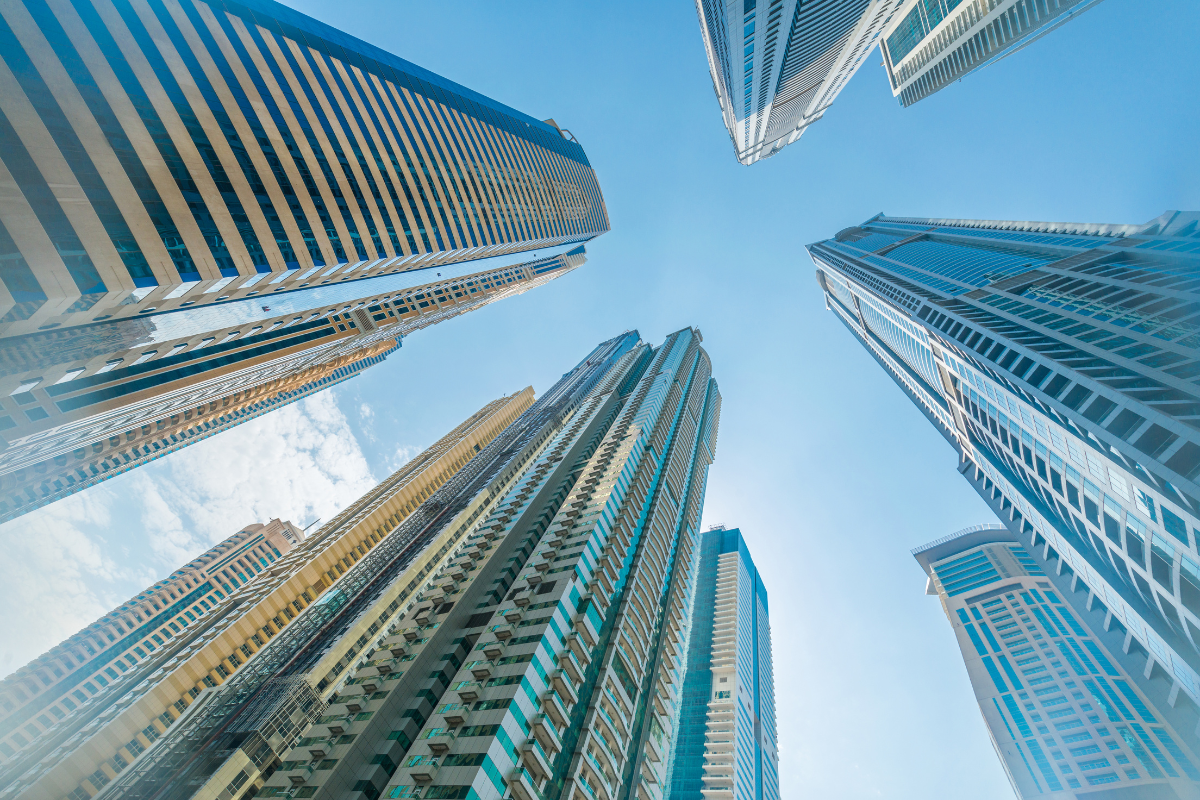Dubai’s real estate market offers exceptional opportunities for investors and homebuyers alike, but success depends largely on one critical decision: selecting the right developer. With hundreds of developers operating across the emirate, making the wrong choice can lead to project delays, quality issues, or worse—financial losses.
The developer you choose will determine not only the quality of your property but also its long-term value, rental potential, and overall investment success. Whether you’re a first-time buyer or a seasoned investor, understanding how to evaluate developers properly can save you time, money, and stress.
This guide will walk you through the essential criteria for selecting the best real estate developers in Dubai, helping you make an informed decision that aligns with your investment goals and lifestyle needs.
Key Criteria for Selecting a Developer in Dubai
Reputation and Track Record
Reputation in the Market
A developer’s reputation serves as the foundation of their credibility. Look for developers with consistent delivery records, positive client reviews, and minimal legal disputes. Research ratings and client feedback on platforms like Google, specialized real estate forums, and social media channels.
Pay attention to how developers handle customer complaints and whether they maintain transparent communication throughout the development process. A strong reputation often translates to better service, higher quality construction, and more reliable project delivery.
Completed Projects
Nothing speaks louder than a developer’s past work. Visit or thoroughly review finished developments to assess construction quality, design execution, and adherence to original promises. Walk through show units, examine common areas, and speak with current residents about their experiences.
A developer with a portfolio of successfully completed projects demonstrates their ability to deliver on commitments. This track record becomes particularly important when considering off-plan purchases, where you’re investing in a vision that’s yet to be built.
Years in Operation
Established developers like Betterhomes bring years of experience navigating Dubai’s real estate environment. Their longevity suggests financial stability, market knowledge, and the ability to adapt to changing conditions.
While newer developers can offer innovative approaches and competitive pricing, established firms typically provide greater security and proven expertise in project management, regulatory compliance, and market positioning.
Legal Compliance and Accreditation
Licensing Requirements
Ensure your chosen developer holds valid licenses through the Dubai Land Department (DLD) and Real Estate Regulatory Agency (RERA). These regulatory bodies oversee real estate transactions and protect buyer interests through strict compliance requirements.
Verify that both the developer and their specific project are registered with these authorities. This registration provides legal protection and ensures your investment is covered under UAE property laws.
Transparency Standards
Top developers maintain transparency through RERA-registered projects, proper escrow account usage for buyer protection, and full compliance with UAE real estate laws. Be cautious of developers who lack regulatory approvals or request payments through unofficial channels.
Legitimate developers provide clear documentation, detailed contracts, and regular project updates. They should be willing to share project timelines, financial information, and legal documentation without hesitation.
Financial Stability
Financial Health Assessment
Financially robust developers are less likely to face project delays or non-completion issues. Review news reports, partnership announcements, and the developer’s financial disclosures to assess their capability to deliver projects on time and within budget.
Strong developers often have diversified portfolios, established banking relationships, and sufficient capital reserves to handle unexpected challenges during construction.
Project Financing Structure
Understanding how a developer finances their projects provides insight into their financial stability. Developers with pre-approved financing, established investor relationships, and clear funding strategies typically deliver more reliable outcomes.
Ask about the project’s financing structure and whether the developer has secured adequate funding for completion. This information helps you gauge the likelihood of on-time delivery and project success.
Assessing Project Quality and Design
 Quality of Construction
Quality of Construction
Examine the materials, architecture, and finishing details in show units or completed properties. High-quality developers use premium materials, employ skilled craftsmen, and maintain strict quality control standards throughout construction.
Look for attention to detail in fixtures, fittings, and finishes. Quality construction not only enhances your living experience but also protects your investment’s long-term value and reduces maintenance costs.
Design and Innovation
Leading developers invest in innovative design concepts, sustainable building practices, and modern amenities that enhance property value and resident satisfaction. Evaluate whether the developer’s design philosophy aligns with current market trends and future buyer preferences.
Consider factors like energy efficiency, smart home integration, and sustainable features that appeal to modern buyers and tenants. These elements often command premium prices and better rental yields.
Master Planning and Community
The best developers create thoughtfully planned communities with excellent amenities, integrated facilities, and imaginative landscaping. Assess the overall master plan, including retail outlets, recreational facilities, green spaces, and transportation connectivity.
Well-planned communities tend to appreciate faster and maintain higher property values over time. They also provide better quality of life for residents and stronger rental demand from tenants.
Long-Term Value and Investor Confidence
Capital Appreciation Potential
Research past projects for appreciation trends and compare them with broader market performance. Developers with a history of delivering strong returns provide greater confidence for future investments.
Consider factors like location selection, project timing, and market positioning that contribute to long-term value growth. Developers who consistently choose prime locations and deliver projects during favorable market conditions often generate superior returns.
Rental Yields and Market Demand
Evaluate the rental performance of the developer’s completed projects. Strong rental yields indicate good location choices, quality construction, and effective property management services.
Analyze occupancy rates, rental growth trends, and tenant satisfaction levels across the developer’s portfolio. This data helps predict your investment’s income potential and long-term viability.
Community and Lifestyle Factors
Consider how the developer’s projects contribute to lifestyle enhancement and community building. Developments with strong community features, recreational amenities, and social spaces often command premium rents and maintain higher property values.
Look for developers who create integrated communities rather than standalone buildings. These comprehensive developments typically offer better long-term investment potential and resident satisfaction.
Red Flags to Avoid
Watch for warning signs that indicate potential problems with a developer:
- Lack of proper licensing or regulatory approvals
- History of project delays or non-completion
- Poor customer service or communication
- Limited transparency about project details or financing
- Unrealistic pricing or payment terms
- Negative reviews or legal disputes
- Insufficient marketing materials or project information
Making Your Final Decision
 After evaluating potential developers against these criteria, create a shortlist of candidates that meet your requirements. Visit their sales offices, speak with previous customers, and request detailed project information before making your final decision.
After evaluating potential developers against these criteria, create a shortlist of candidates that meet your requirements. Visit their sales offices, speak with previous customers, and request detailed project information before making your final decision.
Consider factors like payment plans, handover timelines, and post-sales support when comparing options. The right developer should offer transparent communication, flexible payment terms, and comprehensive customer service throughout the buying process.
Remember that the cheapest option isn’t always the best value. Focus on developers who provide the best combination of quality, reliability, and long-term value for your specific investment goals.
Your Next Steps in Dubai Real Estate
Choosing the right real estate developer in Dubai requires careful research and evaluation across multiple criteria. Focus on reputation, legal compliance, financial stability, construction quality, and long-term value potential when making your decision.
Start by creating a shortlist of developers that meet your basic requirements, then conduct deeper research into their track records, completed projects, and customer satisfaction levels. Don’t rush this process—taking time to evaluate developers properly will pay dividends in the long run.
Ready to explore Dubai’s real estate opportunities? Begin by researching the best real estate developers in Dubai and visiting their completed projects. This hands-on approach will give you valuable insights into their capabilities and help you make a confident investment decision.






